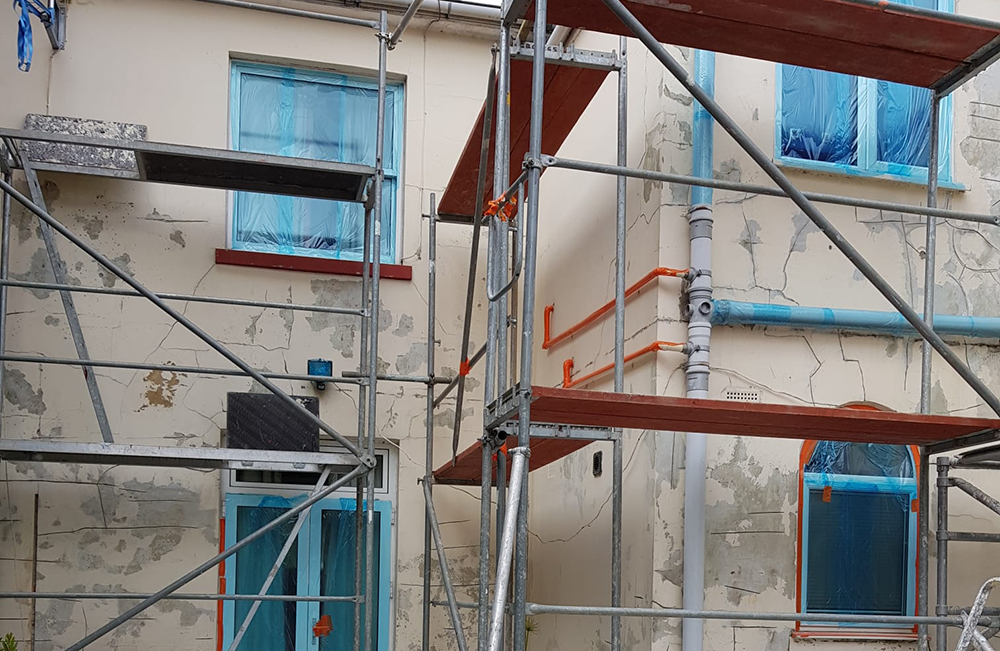External wall insulation has become an increasingly popular method of improving the energy efficiency of residential and commercial buildings. The insulation helps to retain heat within the building, reducing the energy required to keep a comfortable temperature. This can lead to substantial savings for building owners and occupants, as well as providing other benefits. The first benefit of external wall insulation is that it helps to reduce energy bills.
Retaining heat within the building means that the energy required to maintain a comfortable temperature is lower. This can lead to significant savings for the building owner, especially when coupled with other energy efficiency measures such as improved windows and doors. The reduced energy consumption also helps to reduce the environmental impact of the building, as less energy is required from fossil fuels.
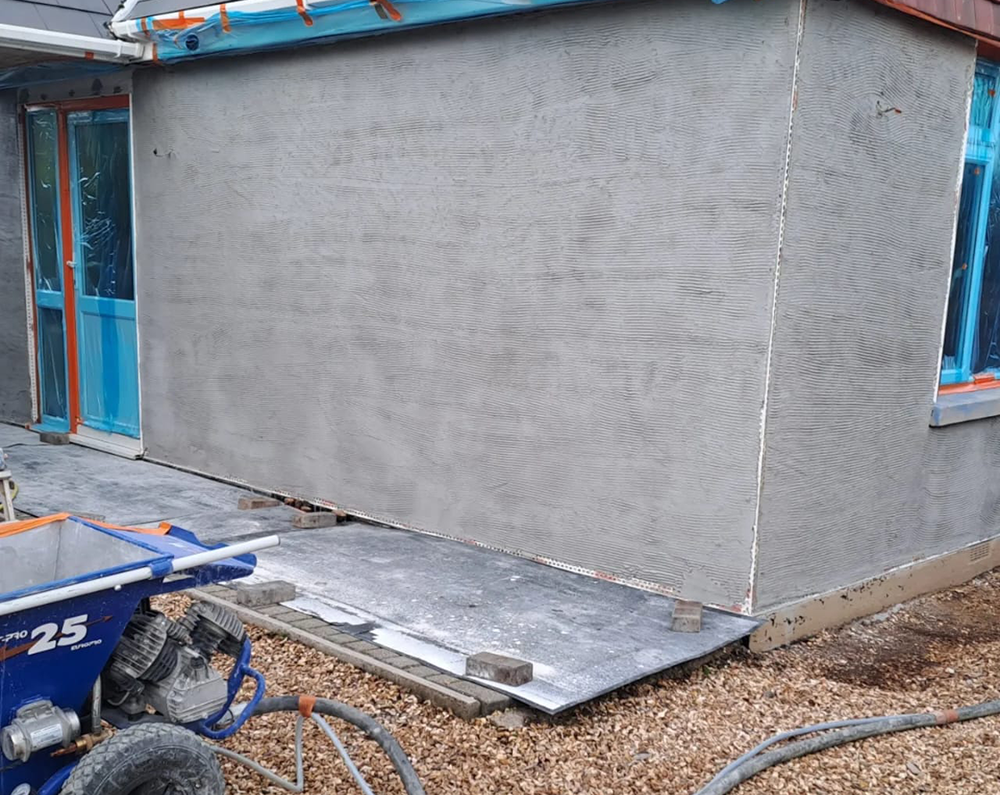
The second benefit of external wall insulation is that it increases the comfort of the building’s occupants. The insulation helps to keep the temperature more consistent, meaning that there are fewer temperature fluctuations. This can help to reduce drafts and cold spots, making the building more comfortable. This also helps to reduce the amount of energy required to keep the building at a comfortable temperature, further reducing energy bills. The third benefit of external wall insulation is that it can help to reduce noise pollution.
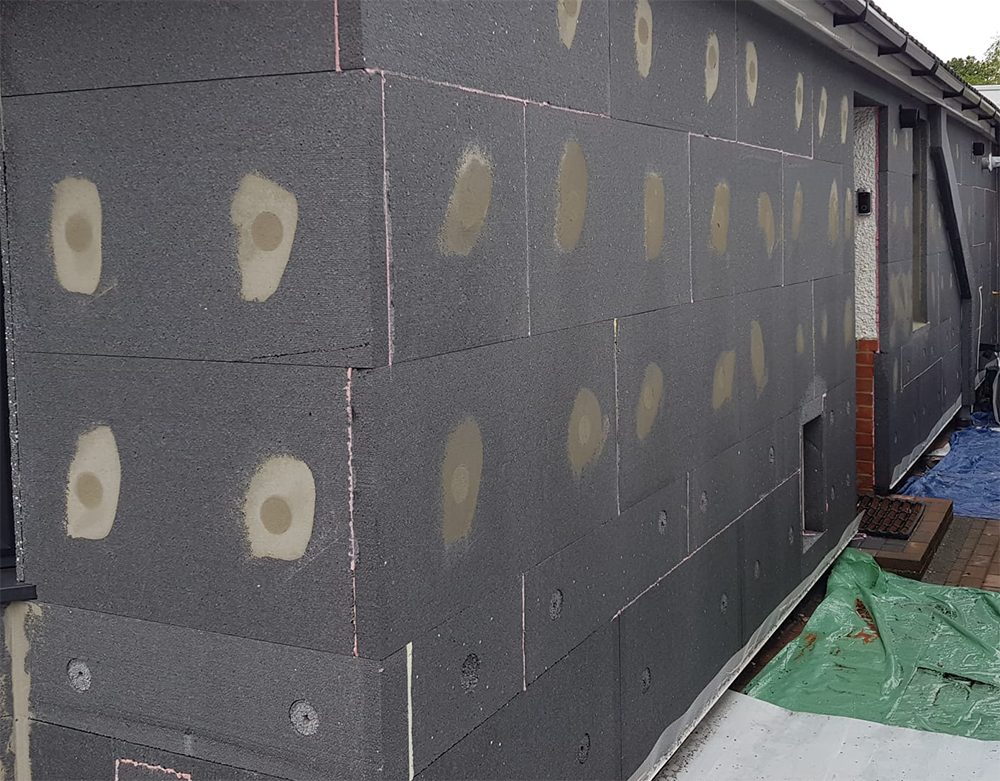
The extrenal wall insulation acts as a sound barrier, helping to reduce the amount of noise that can enter the building. This can be beneficial in residential areas, where external noise from traffic and other sources can be a nuisance. It can also help to reduce noise pollution in commercial areas, such as factories and warehouses, where machinery and other equipment can generate a lot of noise. The fourth benefit of external wall insulation is that it can help to protect the building from the elements.
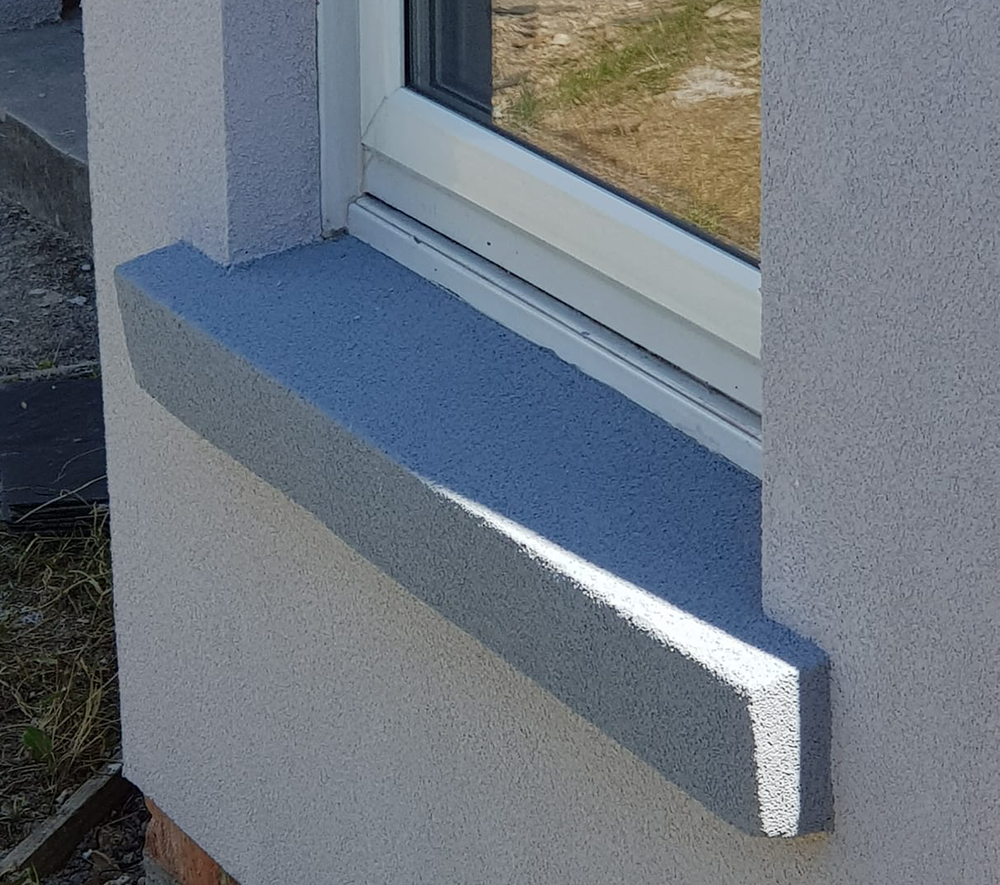
EWI insulation helps to keep the building warm in winter and cool in summer, reducing the risk of damage from extreme temperatures. This can be particularly beneficial in areas that experience extreme weather, such as high winds and heavy snow. The insulation can also help to reduce the risk of water damage, as it can help to keep moisture out of the building’s walls. The fifth benefit of external wall insulation is that it can help to improve the appearance of the building.
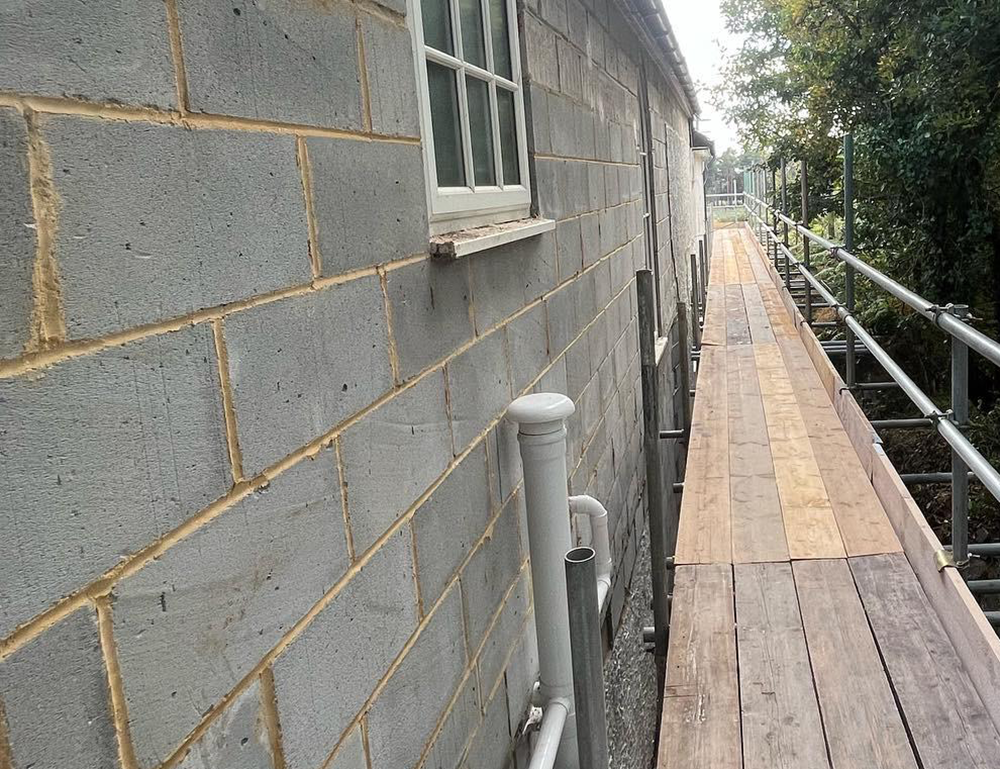
The EWI ( External Wall Insulation ) can be finished in a range of colours and textures, which can help to improve the exterior of the building. This can be beneficial for both residential and commercial buildings, as a more attractive building can help to increase its value. In conclusion, external wall insulation can provide a range of benefits for building owners and occupants. It can help to reduce energy bills, increase comfort, reduce noise pollution and protect the building from the elements. It can also help to improve the appearance of the building, which can be beneficial for both residential and commercial properties.
